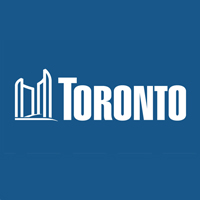While
@mariomike used an SOP from a "base hospital" as reference to support his point, the "employer rule" stems from Regulations to the Ambulance Act.
Welcome to the new e-Laws. It’s now easier than ever to find Ontario laws. We welcome your feedback.

www.ontario.ca
It's been decades since I've had occasion to pay any attention to Ontario's regulations, but there are some similarities in other provinces' regulations. It's not specifically that paramedics can't provide 'care' except when functioning on-duty as part of their service, it is that they are restricted from performing "controlled acts" unless under the license of a medical director, i.e., a physician. Though paramedics may be highly trained and required to maintain proof of competency, they usually (
there may be jurisdictions that are an exception) are not permitted to 'independently' perform controlled acts. They do so under delegation from another health professional, specifically a doctor functioning as medical director of an ambulance service, whose legislated scope of practice does permit delegation of controlled acts to others.
If you look at the schedules of controlled acts in Reg 257/00, with one or two exceptions, they require drugs or equipment that far exceed what would be found in a well stocked first aid kit. There may be the odd paramedic out there who might cache some of those items about them in the hope of coming upon an off-duty emergency situation, but (personal opinion) I would consider them cowboys who would be just as likely to overstep their bounds (and skills) on the job. If you take away those drugs and equipment, what they could render is "first aid"; perfectly acceptable assistance from anyone helping others in an emergency.
www.ontario.ca


